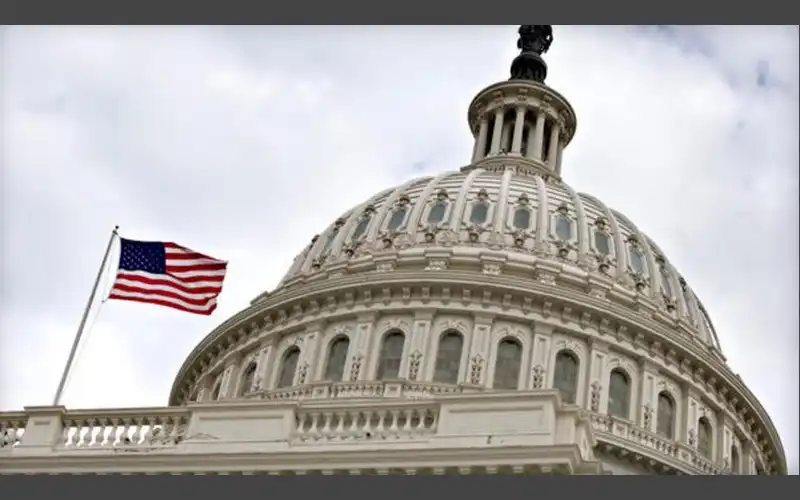WASHINGTON (TNND) —
On April 8, U.S. District Judge Trevor N. McFadden ruled that the government can’t retaliate against the AP’s decision not to follow the president’s executive order to rename the Gulf of Mexico, and the outlet’s free speech was violated.
By Wednesday, no wire services were listed in the pool with a new secondary spot for print journalists.
The White House appealed McFadden’s ruling and argued that press access to the president is a privilege, not a right, that it should control — much like it decides to whom Trump gives one-on-one interviews. In court papers filed last weekend, his lawyers signaled that even with McFadden’s decision, the AP’s days of unchallenged access to open presidential events were over.
The AP’s Lauren Easton said the outlet was deeply disappointed that rather than restore the AP’s access, the White House instead chose restrictions over all of the wire services.
The wire services represent thousands of news organizations across the U.S. and the world over,” Easton said Tuesday night. “Our coverage is used by local newspapers and television stations in all 50 states to inform their communities. The administration’s actions continue to disregard the fundamental American freedom to speak without government control or retaliation.
For many years, the independent White House Correspondents Association (WHCA) has run the pool for the limited space events, and each time it has included reporters from the wire services AP, Reuters and Bloomberg. One print reporter was also allowed, selected on a rotating basis from more than 30 news outlets.
The White House now says it will lump the three wire services with print reporters for two slots — meaning roughly three dozen reporters will rotate for two regular slots.
Even with the rotation, the White House said Trump’s press secretary “shall retain day-to-day discretion to determine composition of the pool.” The new policy says reporters will also be allowed in “irrespective of the substantive viewpoint expressed by an outlet.”
Eugene Daniels, the president of the WHCA, said the changes to the press pool are “just a new means to do the same thing: retaliate against news organizations for coverage the White House doesn’t like.”
“The White House’s insistence they would also ‘retain day-to-day discretion’ of the pool’s composition rather than utilize regular rotations with clear criteria also underscores that the administration remains unwilling to provide guarantees they will not continue to engage in the viewpoint discrimination that was ruled unlawful by a federal court,” Daniels added.






























